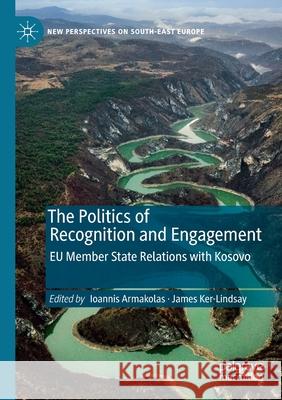The Politics of Recognition and Engagement: Eu Member State Relations with Kosovo » książka
topmenu
The Politics of Recognition and Engagement: Eu Member State Relations with Kosovo
ISBN-13: 9783030179472 / Angielski / Miękka / 2020 / 245 str.
The Politics of Recognition and Engagement: Eu Member State Relations with Kosovo
ISBN-13: 9783030179472 / Angielski / Miękka / 2020 / 245 str.
cena 522,07
(netto: 497,21 VAT: 5%)
Najniższa cena z 30 dni: 501,19
(netto: 497,21 VAT: 5%)
Najniższa cena z 30 dni: 501,19
Termin realizacji zamówienia:
ok. 22 dni roboczych
Dostawa w 2026 r.
ok. 22 dni roboczych
Dostawa w 2026 r.
Darmowa dostawa!
Kategorie BISAC:
Wydawca:
Palgrave MacMillan
Seria wydawnicza:
Język:
Angielski
ISBN-13:
9783030179472
Rok wydania:
2020
Wydanie:
2020
Numer serii:
000395930
Ilość stron:
245
Waga:
0.31 kg
Wymiary:
21.01 x 14.81 x 1.4
Oprawa:
Miękka
Wolumenów:
01
Dodatkowe informacje:
Wydanie ilustrowane











